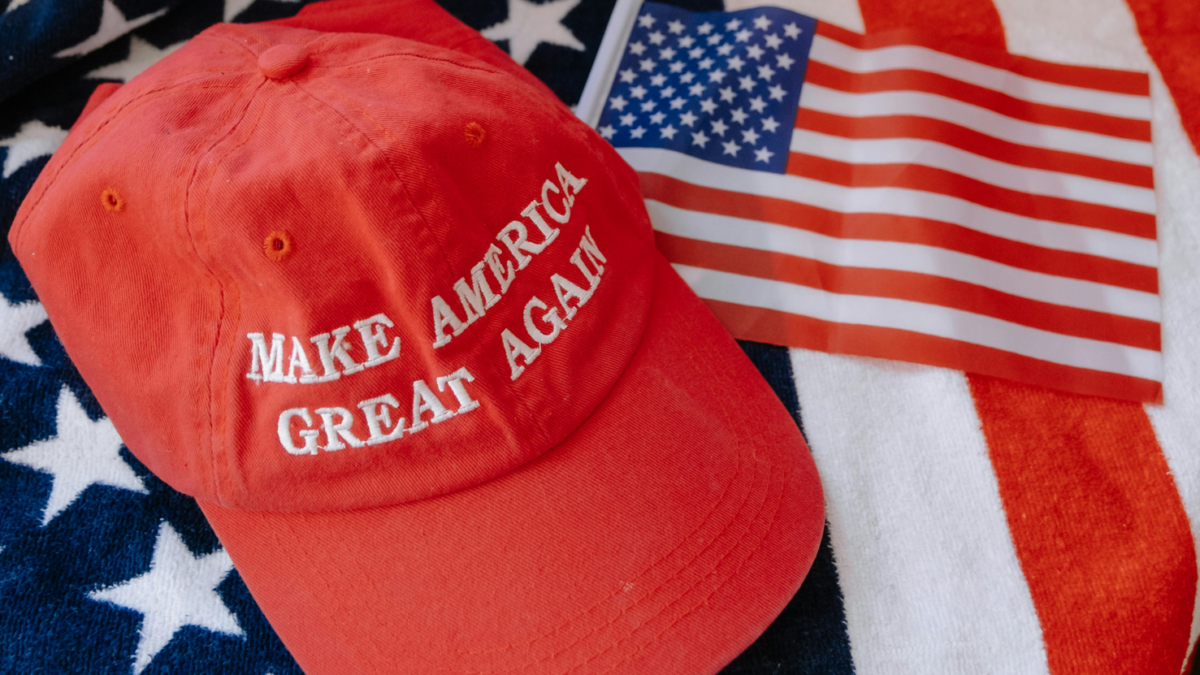
Corey Stewart’s victory in the Virginia Republican Senate primary last night is yet another sign that white identity politics is a growing trend that can win elections. Stewart won despite ties to outright racists such as Paul Nehlen and Jason Kessler, the organizer of the Unite the Right rally in Charlottesville last year that led to the death of Heather Heyer.
What is becoming clear is that for big swaths of voters, racism and or ties to racist individuals and organizations are no longer disqualifying in the way they were just a few short years ago. Direct appeals to white identity — once a certain path to political oblivion — are now growing in acceptance in American politics, notching victories over moderate Republicans who will not engage in them. Why and how is this happening, and how can our society address it?
Is Stewart a Racist?
The question of whether Stewart is a racist is a complicated one. After the horrific events of Charlottesville, which most Republicans, including eventually the president, decried as a white nationalist display, Stewart was recalcitrant. At the time he told The Washington Post that half of the violence was the Left’s fault, adding:
All the weak Republicans, they couldn’t apologize fast enough. They played right into the hands of the left wing. Those people have nothing to do with the Republican Party. There was no reason to apologize.
The problem here, aside from his apparent complete lack of concern over the death of a young woman, is that he made multiple appearances with Kessler. Perhaps he didn’t realize who and what Kessler was before Charlottesville, but after the display of tiki torches, khakis, and death, there was no excuse for him not to condemn Kessler’s actions.
Then there are his ties to Nehlen, who ran against Paul Ryan before imploding in a spectacular and bizarre anti-Semitic Twitter meltdown in which he tried to out Jews in the media. Amidst all of this was a backdrop of dehumanizing rhetoric about immigrants and an approach to Confederate monuments that offered no nuance, or concern for those who find the statues offensive.
But do these things qualify him as a racist today? At a time when even slight, unconscious actions earn that label, indeed when many on the Left argue that racism is the natural and unavoidable state of all white people, who is a racist? And who, if anyone, isn’t? Do we need some new term for “really, really bad racists,” or do we need to scale back the rate of such accusations?
The Double Standard Is Real
Adding to the confusion is the very real double standard that exists in our society about how different groups are allowed to talk about race. Stewart’s supporters will argue that his connections to Nehlen and Kessler should be no more disqualifying than Democrats taking photos with Louis Farrakhan or Jeremiah Wright, and they may have a point.
While many white Americans accept this double standard, allowing for the fact that racism from the dominant group is different in kind and more dangerous than racism from non-dominant groups, many, it is clear, do not. To them, racism is racism, in whatever direction it flows. They may be wrong, but it is not an irrational point of view.
On the other hand, many on the Left will argue that such an argument is a way to blame the victim. That as non-whites assert more control in our society, there will be what Van Jones called a “whitelash.” And that to compare teaching privilege theory in school and running articles about how awful white people are cannot be compared to the police brutality and economic inequality they say non-whites face. This also is not an irrational perspective.
Where Do We Go From Here?
What is irrational is to believe that white identity politics is going to disappear any time soon. In fact the trend suggests much the opposite. Direct appeals to white identity, while once forbidden, are springing up like weeds, and no leader or group seems capable of doing anything to stymie it. What’s worse is that these racial divisions are used by foreign adversaries in propaganda campaigns meant to put Americans at each other’s throats. They attack our discourse in a way we are so far unable to thwart.
Racism is not a social ill we all work together to eradicate anymore, if it ever was. It is a lever of power, and every accusation from either side is easily swept aside by whataboutism. Some will argue that Republicans have a moral responsibility not to vote for candidates like Stewart in general elections, and that may be so. But it doesn’t really solve the problem.
The Problem Is Societal, Not Political
This is because it’s not the politicians like Stewart who employ white identity politics who are making white identity more palatable — it is our society that is making these candidates more palatable. Should Stewart lose, even handily, to Tim Kaine in November, that isn’t going to make whites who feel that racism against them is worse than racism against blacks change their mind. It might even grow their ranks, leading to more of such politicians running in and potentially winning elections.
So what, if any, levers of power do those of us who feel both sides have gone off the rails have to pull to change our country’s course? At the moment there seem to be exactly none. Perhaps a start is a more open and honest conservation about race in America. There are far too few forums where thinkers with very different views on race and the problems it raises in our society can publicly discuss them in good faith. This may sound like a milquetoast “national conversation,” but it might also be the only tool we have right now.
Critically, as our dialogue on race moves forward, we must decide how far to the extreme on either side a participant can be. Perhaps a conversation about privilege theory between relatively moderate figures like Michael Eric Dyson and Jordan Peterson are not enough. Perhaps the Farrakhans and Kesslers of the country must be a part of it too.
It’s natural to be deeply uncomfortable with that idea. But if these people have substantial constituencies (they do), and if they are affecting our elections (they are), maybe they need to be there. At the very least, then, their abhorrent ideas can be challenged in the light of day, depriving them of the shadows where they can lie and manipulate unchallenged.
There is every reason to believe that white identity politics will be a fixture of our society for years to come. Addressing this new reality is as important a task as any we face moving forward.









